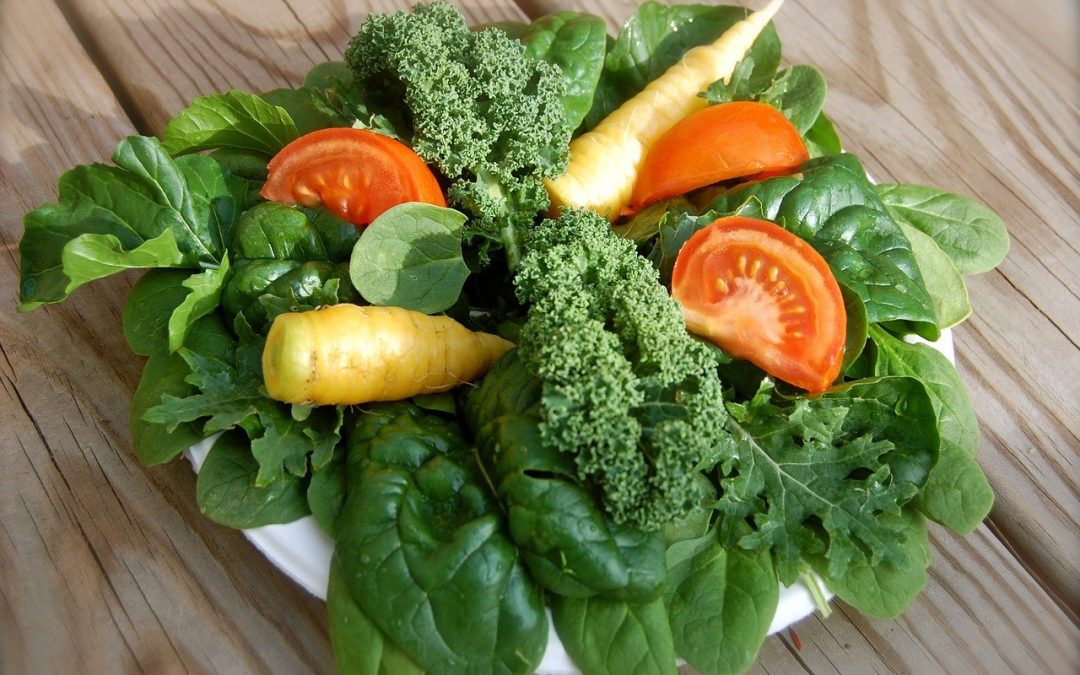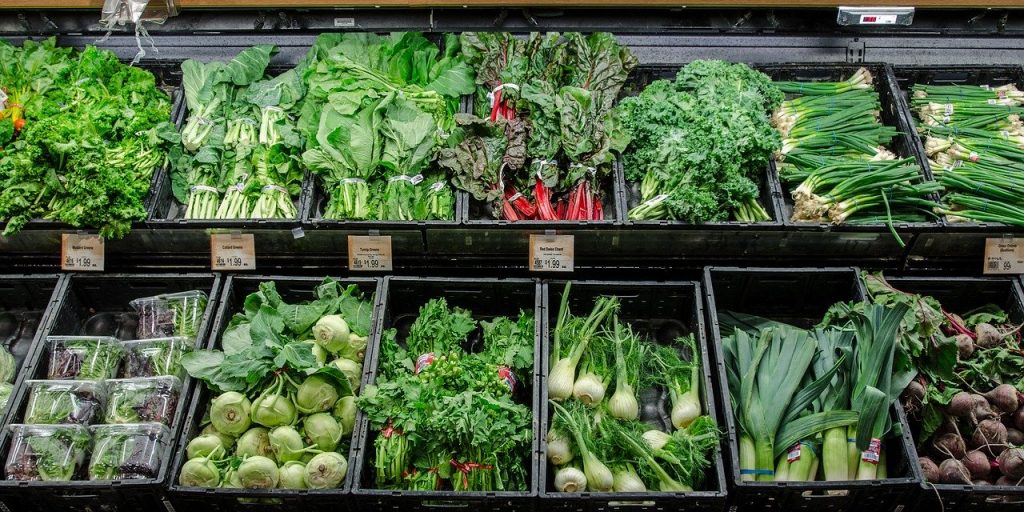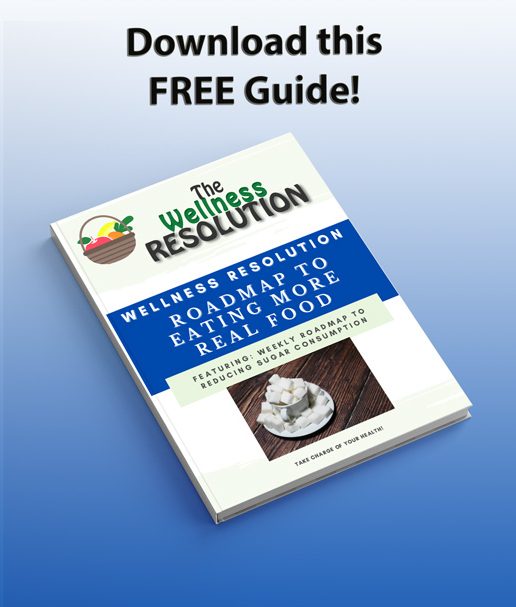When are organic fruits and vegetables worth it? It can be more expensive to eat organic foods, so when organic is worth it?
This is a follow up to my blog Organic vs. Natural – What is the difference? Where I explain the standards organic food has to meet, the difference between organic and natural, and why it matters!
I don’t eat all organic. So here are a few guidelines I typically follow.
When Organic Fruits and Vegetables are Worth It!
My first piece of advice is to follow the EWG Dirty Dozen List. Every year they provide a list of all the vegetables and fruits that have the most pesticides. It is important to note that the samples are tested for pesticides after they have been prepared to be eaten (that’s right – after they have been effectively washed or peeled!). Food that is peeled usually has fewer pesticides though.
NOTE: When I talk to people in the holistic health field, most say they follow this list, as well. It is the #1 site to utilize for reducing pesticide exposure.
If a food is on the EWG Dirty Dozen List, I will always pick the organic option. If it’s too pricy, I just won’t buy it. Strawberries and spinach for example have been on the top of the list for at least 3 years in a row. So, I always choose the organic option even when picking out frozen strawberries or frozen spinach. Tomatoes have also been on the list for several years in a row. This is where it can be tricky. Not only do I want to pick out organic tomatoes, but I would also want to choose organic canned tomatoes, organic salsa, and organic pasta sauce. They will likely be high in pesticides, as well.
When choosing other fruits and vegetables if the price is cheaper or the same I will buy the organic option (surprisingly organic food is sometimes cheaper). If you can’t afford organic, try getting vegetables and fruit from a farmers market! But ask how much they spray their food. Even better, plant your own garden!
ExcelSteel Colander set, Stainless steel
It is still necessary to wash fruit and vegetables. You can wash them with just water, or a mixture of vinegar and water can help remove more pesticides. Stainless steel is also better for your health than plastic.
Why is this a Big Deal? Does it Really Matter!?
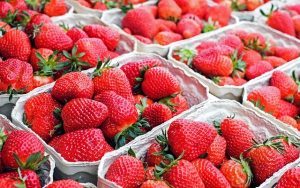
When EWG tested strawberries there were nearly 8 pesticides in each sample of strawberries.
I had to do the research before paying more for vegetables and fruits. I was thinking… is this really worth it? it can’t be that bad, that is why you wash them. That should fix it. Right? Plus, unless it tastes different, you might not notice the difference between eating organic vs. non-organic. But, long-term it will make a difference!
EWG has tested strawberries finding nearly 8 pesticides in each sample. This is after they have been rinsed while still in the field, and washed before consuming. In addition, EWG states: strawberry growers use jaw-dropping volumes of poisonous gases to sterilize their fields before planting, killing every pest, weed, and other living things in the soil. View here: Pesticides + Poison Gases = Cheap, Year-Round Strawberries.
So, What Are the Dangers of Pesticides?
Pesticides are linked to cancer, reproductive damage, Alzheimer’s Disease, Parkinson’s Disease, respiratory problems, depression, ADHD, immune system damage, and birth defects. They are often stored in the colon where they can slowly poison a person. They can also cause damage to your nervous system, endocrine system, and reproductive system. Many of the toxins we allow here in America are actually banned in Europe. There are studies that actually link cancer to pesticides.
Not to mention, the health risks for a child are much higher than for an adult. Toxins linger in a child’s body longer and can do more damage. Their organs and nervous systems are still developing. Exposure to these toxins can alter their brain chemistry and cause developmental problems. There is not a legal limit on the number of pesticides added to food. In addition, people who live near farm fields that spray pesticides have an even greater risk of developing various chronic health conditions. Pesticides do not just pass through our bodies. They can accumulate over time and can cause health issues later on in life.
The CDC reports the average American has traces of at least 29 different pesticides in their bodies.
Worry less about pesticides by creating your own organic indoor home garden. Indoor Vegetable Garden Starter Kit – Certified USDA Organic Non GMO – 5 Seed Types Cherry Tomato, Lettuce, Carrot, Radish, Green Bean
Is Organic that much better?
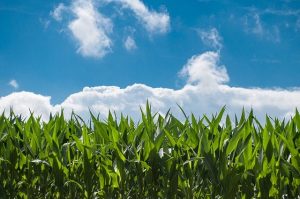 Organic food may contain some pesticides, but they are natural sources, not synthetic. They also spray significantly less than other farmers. The natural pesticides used by organic farmers also must pass tests for safety on humans, animals, and the environment.
Organic food may contain some pesticides, but they are natural sources, not synthetic. They also spray significantly less than other farmers. The natural pesticides used by organic farmers also must pass tests for safety on humans, animals, and the environment.
Organic farmers have to follow organic guidelines (as mentioned in my previous blog). Sure, pesticides from a farm that isn’t organic could drift into an organic farm field, but the farmers still need to pass an inspection to stay organically certified.
Why trust EWG (Environmental Working Group)?
The EWG Dirty Dozen List guide is based on test results by the Department of Agriculture and the Food and Drug Administration of more than 43,000 samples of produce. It is important to note that the samples are tested for pesticides after they have been prepared to be eaten (after they have been effectively washed).
EWG is a non-profit, non-partisan organization dedicated to protecting human health and the environment. Due to their ground-breaking research, they have helped many people to make healthier decisions and live healthier lives. Read more on their about page.
EWG also has an App where you can scan and type in the name of many popular products (food, toiletries, cleaners, makeup, and more). It provides a rating from A to F on how safe that product is for you and the environment. It will also give you the reasons why.
The government is slow to make changes even when they understand some of the potential risks. They are more concerned with profits than your health, and that’s why the Environmental Working Group was formed.
The NRDC is also stepping up to make changes: Ban Dangerous Pesticides.
What Are Other Standards for Choosing Organic Food?
There are many other foods that I always choose the organic option for, however, my basis for choosing those foods is based on various criteria. It is much more complicated with processed foods.
Other food I choose the organic options for is often based on labels. When looking at labels here are just a few things to consider: choose foods with fewer ingredients, ingredients you can pronounce, and foods with fewer sugars. More specifically I avoid foods with: high fructose corn syrup, MSG, food dyes, anything hydrogenated, vegetable oils, trans fat, and I also recommend foods that are non-GMO verified. However, only certain foods are genetically modified. View my blog here: Are GMOs Safe?
Choosing organic meats is worth it, as well. But, there is more to choosing quality meat than just picking the organic option. Read all about Eating Healthier Meats (Beef, Chicken, Other Red Meat & Poultry) & Wild Caught vs Farm-Raised Fish
Where things can get complicated is I’ve seen organic products that have more sugar than just products without even a natural label. So, you just have to decide for yourself what product you want to purchase based on nutrition and ingredient lists.
How to Make Changes? Here is my Step-by-Step Guide to Make Changes!
- Start with bringing a copy of the Dirty Dozen list with your grocery shopping, and choose only organic options for fresh fruits and vegetables. Mix it up, eat a variety for more nutrients each week, eat what is in season, and eat what is a good deal. Fresh is always better, frozen works too, but watch out for sodium levels if you are buying canned vegetables.
- Once you get used to the Dirty Dozen list, you can start accounting for canned foods like tomato sauce, tomato salsa, and so on…
- Next, start paying attention to other foods that might be close to the same price or cheaper to buy organic vs. non-organic.
- You also want to avoid spraying pesticides on your own home-grown vegetables, your lawn, plants, and avoid spraying pesticides on yourself with commercial bug spray products. I cover these things even more in my blog Outdoor Toxins – What’s in your yard?
- One of the best things you could do to avoid pesticides is to start your own backyard garden or you can even have an indoor garden, check out these: Best Indoor Herb Garden Kits That are Easy to Grow.
Rodale’s Basic Organic Gardening: A Beginner’s Guide to Starting a Healthy Garden This book will not only help with information on how to avoid using pesticides but provide insights into best gardening practices.
Note: If there is a commercial for the food, you probably shouldn’t buy it! Wait… do people still watch commercials?
It’s key to not look at eating organic or more whole foods as pricy, but instead to look at those prices as the regular prices, and the processed, pesticide-ridden foods as cheap, junk.
I know how making changes can be overwhelming, annoying, pricy, and so on… So you just have to do things at a pace that works for you and remember that every healthy change will make a difference in the long-run for your future health and your families.
Download this Free Guide:
Roadmap to Eating More Real Food & Reducing Sugar Consumption
View More Healthy Eating Blogs
- 8 Tips on How to Eat Less Packaged Food (Less Junk Food)
- Over 30+ Gluten and Dairy Free Breakfast Ideas (& Sugar-Free)
- Reading and Decoding Food Labels & Toxic Ingredients
- 11 Superfoods for a Diet Higher in Nutrients
- 30 Clean Snacks and Desserts (Gluten-Free, Sugar-Free & Dairy-Free Options)
- How to Choose Healthier Dairy Products & Alternatives to Dairy
- The Truth About Milk – Why We Don’t Need it to Stay Healthy
- Guidelines & Steps to Reduce Sugar Intake
- Wild Caught vs Farm Raised Fish – What is the Difference? Which is Healthier?
- How to Choose Healthier Meats
- What Does Non-GMO Mean? Are GMOs Safe?
- How to Eat Real Foods & Why It Is Essential for Your Health
- Organic vs. Natural: What is the difference?
- Is White Flour Bad For You? Should We Be Eating Less Carbs?
- How the Sugar Industry Tricked us for 50 Years
- Sugar Pains? Sugar – One of our Biggest Enemies!
Where to Learn More?
Lots of great information here: Consumer Reports.
Living Near Agriculture Increases Rates of Serious Health Problems
The Dangers of Pesticides
More Than 90 Percent of Americans Have Pesticides or Their Byproducts in Their Bodies
Pesticides May Raise Alzheimer’s Risk
Do you prefer scientific studies? Here are some other studies on the dangers of Pesticides:
I have a Wellness Coach Certificate, I'm an entrepreneur, an innovator, writer, and artist. My expertise includes over 7 years of marketing, research, and developing content for holistic health businesses. Plus, my own personal journey of becoming chronically sick: understanding what went wrong, and finding a way to heal and live a healthier life. I have a passion for wellness with a wealth of knowledge surrounding: wellness, flaws in healthcare, root causes for chronic illnesses, and alternative treatments.

